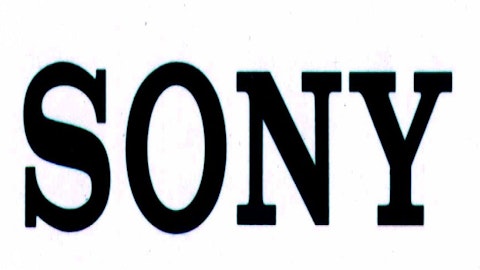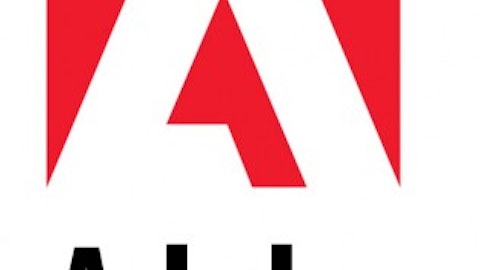
That wasn’t fun while it lasted
Following some revenue gains in fiscal 2012, Nook sales have declined and EBITDA losses widened dramatically to $475 million in fiscal 2013.

The company has run a number of promotions to help spur sales this year, including extending a Father’s Day Promotion. The most prominent sign that Nook was foundering was the official adoption of Google (NASDAQ:GOOG) Play last month. By fully embracing Google Inc (NASDAQ:GOOG)‘s sanctioned ecosystem, Barnes & Noble, Inc. (NYSE:BKS) was admitting that its own efforts to sell content and offer services weren’t going so well. After all, low-end devices typically sell at or near cost with the hopes of profiting on content sales later, and B&N gets no benefit from Google Inc (NASDAQ:GOOG) Play sales. Selling a product at cost and sending customers to another company’s content store is not a winning formula.
This surrender has been a long time coming, as competition in the tablet market has intensified dramatically, particularly in the small-sized segment. Barnes & Noble, Inc. (NYSE:BKS) was actually among the first companies to fork Google Inc (NASDAQ:GOOG)Android for its own purposes with the Nook Color in 2010. Amazon.com, Inc. (NASDAQ:AMZN) would implement the same strategy with the Kindle Fire a year later, albeit far more successfully since Amazon.com, Inc. (NASDAQ:AMZN) has a much wider content ecosystem in categories beyond e-books.
The gray area
B&N is sticking with its e-reader devices, and only giving up with color tablets. The company said it would implement a “partnership model” with color tablets and sell co-branded devices made by third-party manufacturers.
This is rather peculiar. Instead of simply giving up entirely, B&N still wants to maintain some type of branded presence in tablets. Investors can now imagine an OEM like Acer or Lenovo selling a Nook tablet that runs a forked version of Android yet still taps into Google Play — a confusing value proposition.
Microsoft is watching
As a witness to Barnes & Noble, Inc. (NYSE:BKS)’s failure, Microsoft Corporation (NASDAQ:MSFT) should be taking notes. Not only does the software giant have a 17% stake in the Nook business, but also it’s in the midst of ramping up its own first-party tablet ambitions.
I was surprised to see Barnes & Noble, Inc. (NYSE:BKS) show up within the top five tablet vendors in IDC’s fourth quarter estimates, selling approximately 1 million units for a 1.9% market share during the holiday season. That was the first time the company ranked within the top five, and could have been considered evidence that the Nook HD launch was successful. That was more than the 900,000 Surface RT units that Microsoft Corporation (NASDAQ:MSFT) shipped into the channel, a figure that Microsoft was able to maintain sequentially with the Surface Pro launch the next quarter.
Microsoft Corporation (NASDAQ:MSFT)’s strategy is completely different, though, seeking margins up front and maintaining a distinct platform, but the company should still be heeding lessons from its business partner’s failure.
The article Barnes & Noble Finally Gives Up originally appeared on Fool.com.
Fool contributor Evan Niu, CFA, has no position in any stocks mentioned. The Motley Fool recommends Amazon.com and Google. The Motley Fool owns shares of Amazon.com, Inc. (NASDAQ:AMZN), Google Inc (NASDAQ:GOOG), and Microsoft Corporation (NASDAQ:MSFT).
Copyright © 1995 – 2013 The Motley Fool, LLC. All rights reserved. The Motley Fool has a disclosure policy.





